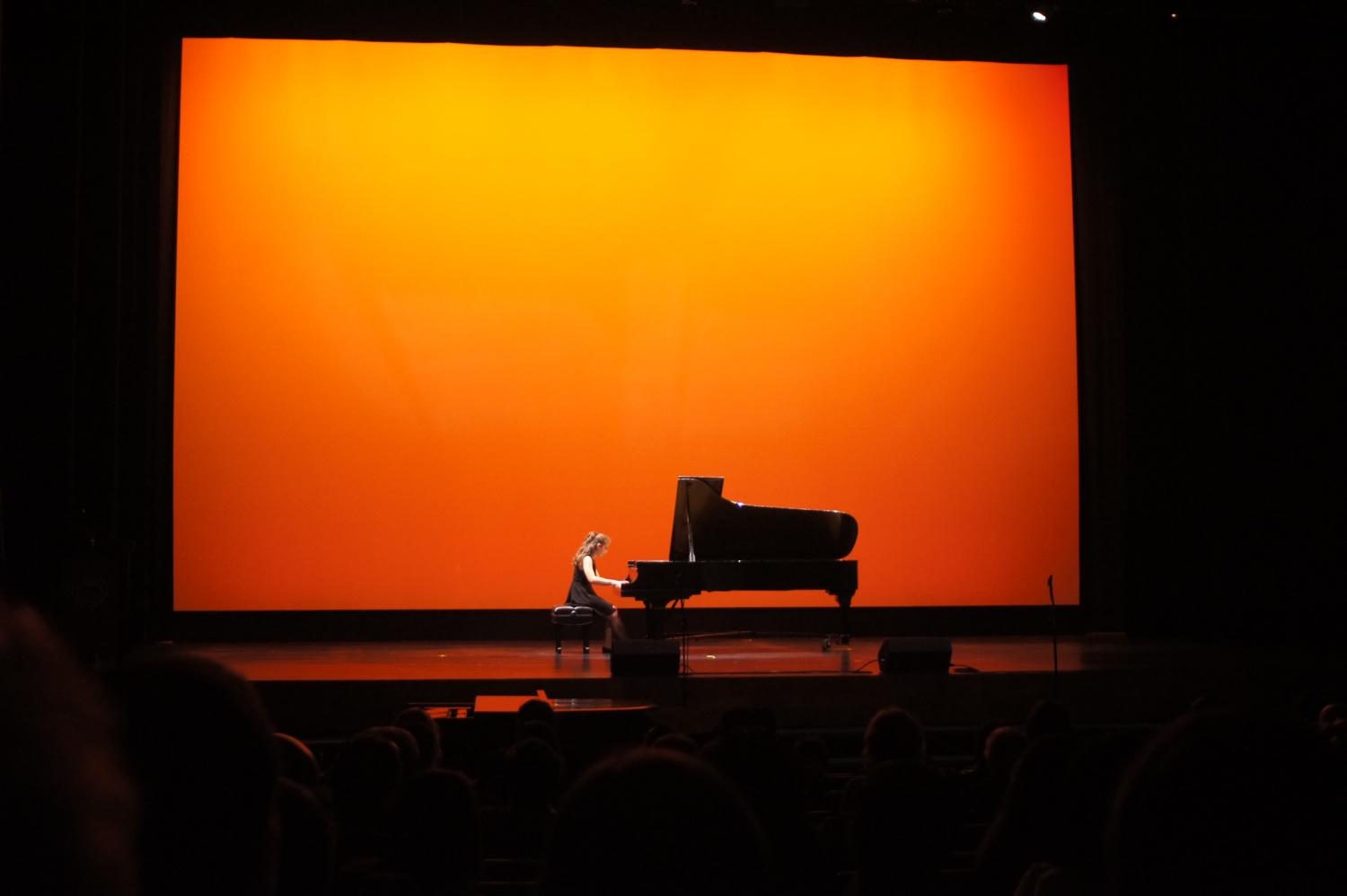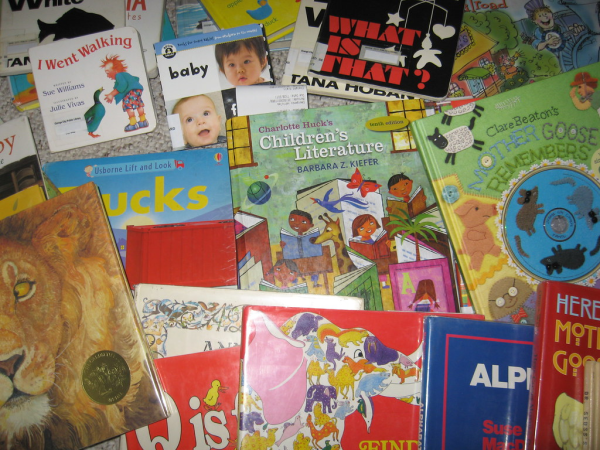Glendale residents mourn and memorialize the Armenian Genocide at GHS
On April 19, GUSD high school Armenian Clubs, working with GUSD board member Greg Krikorian, put Armenian passion on display at the 16th Annual Armenian Genocide Commemoration at Glendale High School’s John Wayne Performing Arts Center. At the entrance, young Armenians handed out posters advertising the upcoming Armenian Genocide March for Justice. Performances were plentiful, featuring poetry, singing and dancing. Some performed original works, while others paid homage to famous Armenian artists such as Aram Khachaturian and Arno Babajanyan.
The Glendale Armenian community is among the most active and patriotic immigrant communities in America. It’s uncommon to drive for more than five minutes and not see an Armenian flag flapping on top of someone’s car. This is especially the case in April, which was recently declared as “Armenian History Month” by the Los Angeles County Board of Supervisors, and which marks the beginning of the Armenian Genocide perpetrated by the Ottoman Empire and the Republic of Turkey.
“Although I did not see the genocide with my own eyes, I know one person who saw it all: God,” said 102-year-old Armenian Genocide survivor Madeleine Salibian, daughter of Clark counselor Susan Howe. Salibian spoke in a video presented by Clark’s Armenian Club. This video, a product of the efforts of Clark Magnet’s Armenian Club, “was the most emotional and powerful presentation of the day,” said senior John Bandek.
Salibian was born in Aintab, Turkey, and with her family fled the town when she was just a few months old, leaving on three donkeys. They arrived at Aleppo, Syria, a safe haven for Armenian refugees during the genocide. Salibian attended the event and was received with resounding applause.
While the audience was reminded of the Armenian Genocide, it was also reminded that the genocide does not define the Armenian people. Among the sorrowful songs were traditional dances to patriotic music. “The resilience of the Armenian people,” as Superintendent Winfred Robeson said, was the message of the event.
The event’s last performance was a song about the Armenian Genocide, “Open Wounds,” by artist R-Mean. As a rap song, Open Wounds was unorthodox for an Armenian event marked by traditional performances. Still, even the older people in the audience cheered on R-Mean.










